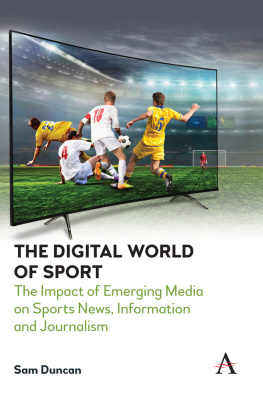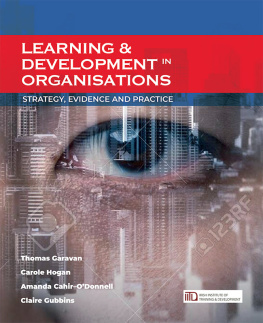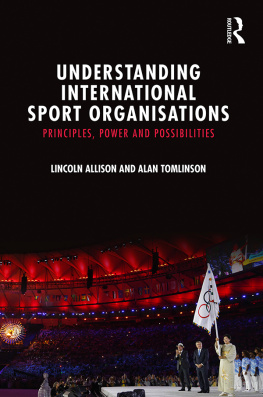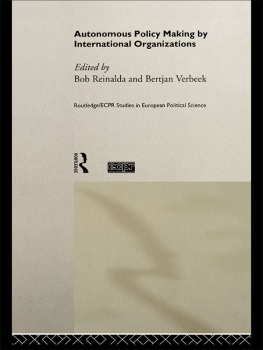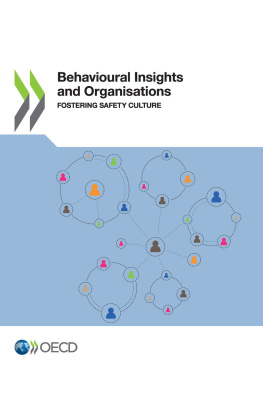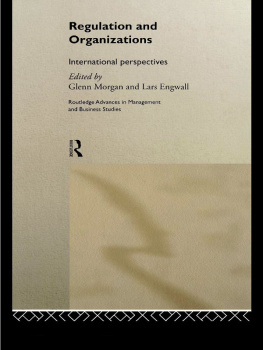
Inside the BBC and CNN
At a time of tectonic shifts in the world of information, communication and media this is a timely study of the interplay between corporate culture, strategic processes and the environment. Getting these three in harmony in a constantly changing world is the challenge facing all leaders of media organizations today.
Joyce Taylor, Managing Director, Discovery Networks Europe
Inside the BBC and CNN provides a unique insight into two of the world's best-known media organisations, during a period of great change and new challenges. The BBC and CNN have very different histories, remits and identities, but both must now compete to provide news in a media environment being reshaped by increasing competition, globalisation, digitisation and convergence.
Drawing on intensive research carried out among senior managers in both organisations, Lucy Kng-Shankleman's study explores the beliefs and attitudes that shape management priorities and broadcasting policy. More controversially, it examines how each organisation's distinct cultural beliefs about broadcasting's fundamental purpose, about the nature of competition, and about the relationship between competition and quality have laid the foundations for their current and past successes, but could now threaten to limit their ability to respond to the unprecedented changes underway n the world's media landscape.
Lucy Kng-Shankleman is Director of the Competence Centre for the Media and Communications Industries at the mcm institute, University of St Gallen, Switzerland.
Inside the BBC and CNN
Managing media organisations
Lucy Kng-Shankleman
First published 2000
by Routledge
2 Park Square, Milton Park, Abingdon, Oxon, OX14 4RN
Simultaneously published in the USA and Canada
by Routledge
270 Madison Ave, New York NY 10016
Routledge is an imprint of the Taylor & Francis Group
Transferred to Digital Printing 2005
2000 Lucy Kng-Shankleman
Typeset in Garamond by Taylor & Francis Books Ltd
All rights reserved. No part of this book may be reprinted or reproduced or utilised in any form or by any electronic, mechanical, or other means, now known or hereafter invented, including photocopying and recording, or in any information storage or retrieval system, without permission in writing from the publishers.
British Library Cataloguing in Publication Data
A catalogue record for this book is available from the British Library
Library of Congress Cataloging in Publication Data
A catalog record for this title has been requested
ISBN 0-415-21321- 5 (hb)
ISBN 0-415-21322- 3 (pb)
Contents
Illustrations
Tables
Figures
Acknowledgements
The book and the study that underlies it would not have been possible without the support and encouragement of a great many individuals and institutions. First of all, I am indebted to the two organisations that provided the focus for this study, the BBC and CNN, for their open-minded support for the project and their readiness to open themselves to academic scrutiny. Within this context, I am particularly grateful to Bob Nelson at the BBC and to Tom Johnson, Lynn Gutstadt and Ken Tiven at CNN, all of whom not only made so much of their own time available, but also helped to open many other doors, both inside and outside their own organisations. As a result of their backing, a great many individuals declared themselves willing to share some of their innermost perspectives on their professional lives. I am deeply appreciative of the ready accessibility and openness shown by all of those I interviewed.
This book began its life as a PhD thesis at the University of St Gallen and my thanks also go to my two academic mentors, Professor Louis Bosshart and Professor Peter Gomez, whose interest and guidance enhanced my work enormously.
Writing a PhD is at times a tortuous process but the effort is amply rewarded if, as in this case, the author has the opportunity to broadcast her findings to a wider audience. I am therefore extremely grateful to Rebecca Barden and her colleagues at Routledge for their enthusiastic response to this project.
Particular thanks are also due to those who provided friendship and hospitality during the many international research trips this project entailed. Many, many individuals helped turn potentially arduous experiences into pleasurable ones and I am grateful to all of them, particularly Fran Clark, Gill Hudson, Brian and Anke Ma Siy, Sue Mack, Olive and Allen Synge, Jill Shankleman and Martin Shankleman in the UK, and Robert Kronley, Wendy Puriefoy and Jane Starr in the US.
Finally, my deepest appreciation is to my husband Gebi for his unfailing good humour, intellectual engagement and unflinching support during what must have appeared a tedious and unending process of writing and rewriting. I dedicate this book to him, and to the memory of my parents.
Lucy Kng-Shankleman
Zrich, November 1999
Abbreviations
| ABC | American Broadcasting Corporation |
| BBC | British Broadcasting Corporation |
| CBC | Canadian Broadcasting Corporation |
| C4 | Channel 4 (UK) |
| CD-Rom | Compact disc read-only memory |
| CNN | Cable News Network |
| DBS | Direct broadcast satellite |
| DTH | Direct to home (broadcast satellite) |
| ISDN | Integrated systems digital network |
| IT | Information technology |
| LAN | Local area network |
| NVOD | Near video on demand |
| PBS | Public broadcasting service |
| PC | Personal computer |
| PSB | Public service broadcaster |
| TBS | Turner Broadcasting Systems Inc. |
| TV | Television |
| VCR | Video cassette recorder |
| VOD | Video on demand |
Introduction
By (say) 2020 a large number of suppliers may be offering broadcasting products to millions of viewers in several different ways Broadcasting will no longer be the pre-eminent example of a public good, but instead a host of broadcasting services and products will seek customers like other private goods.
(Congdon, 1991: xv)
At the turn of the millennium the world's broadcasting industries are under-going a period of tumultuous and unparalleled change. A cocktail of closely interwoven changes ranging from the digitisation of information to the development of global electronic networks, from dramatic increases in computing power and bandwidth capacity to the emergence of the internet, are combining to change the world's media industries for ever.
Whenever environmental change is discussed in management literature, it is inevitably coupled with a set of adjectives so over-used as to have become clichs. It is almost always rapid, radical and discontinuous. These default descriptions have become so familiar that they have virtually lost their meaning. However, when applied to the world of broadcasting, such extreme terms are for once absolutely correct. The developments under way in the global media arena are so far-reaching that none of the industries involved will ever be the same again.


